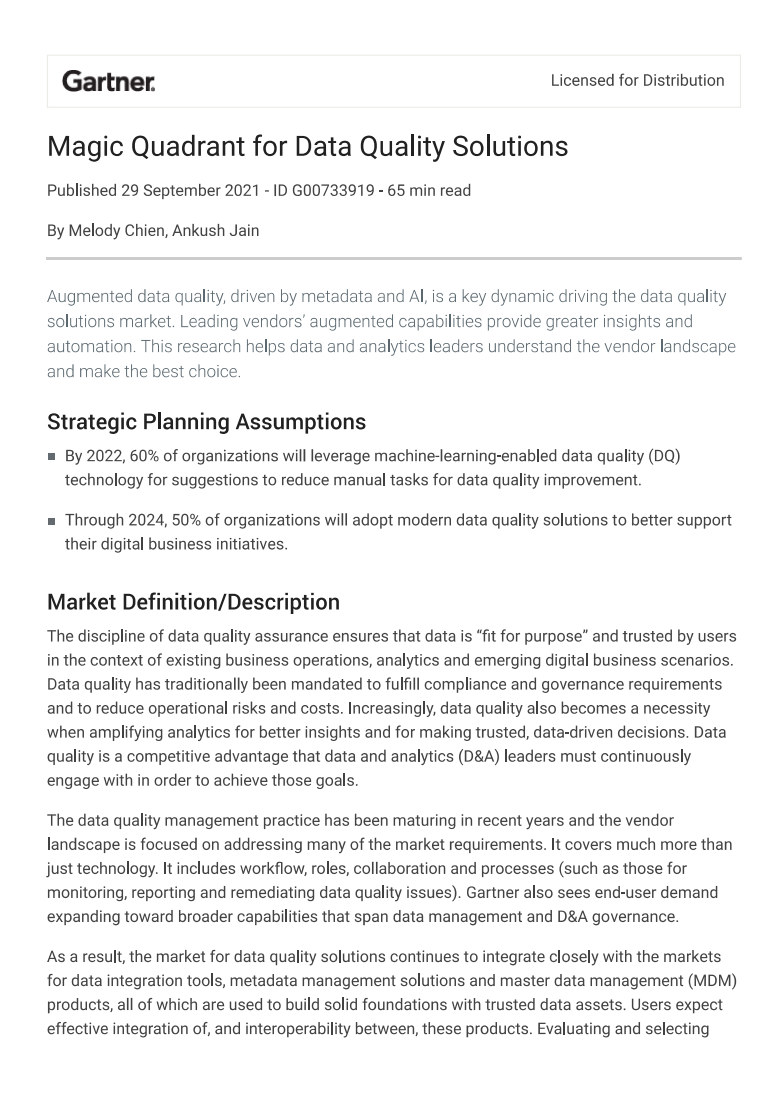Brexit security talks under threat after UK accused of illegally copying Schengen data
"This is not a partner we can work with under these conditions," says Dutch MEP


Post-Brexit security cooperation between the UK and EU is under threat after an MEP hit out at British authorities over a report that said it illegally copied the contents of a migration database.
The UK government has been accused of illegally copying a section of the Schengen Information System (SIS), which is a database used by police and border guards across the EU's Schengen Zone.
A copy of the report was seen by The EUObserver, which first reported on the story in 2018, and accused the UK of "deliberate violations and abuse" of the SIS.
Despite not being a member of the area, the UK was granted access to the Schengen database in 2015, which contains tens of millions of records belonging to EU citizens, including fingerprints and DNA data. However, as early as August of that year, the European Commission found evidence that sections relating to UK security were illegally copied.
The allegations were raised by Dutch MEP Sophie in 't Veld on Thursday, who accused UK government of being "cowboys" and of abusing its position after being granted access to the system as a trusted ally of the European Union.
"This is a country that is not a member of the Schengen because it doesn't want to be a member of Schengen," Veld told the European Parliament's justice and home affairs committee. "It doesn't want to be a member of the European Union. Nevertheless, in the kindness of our hearts we have given them access to the Schengen Information System and they have behaved like a bunch of cowboys."
"This is not a partner we can work with under these conditions," she added.
Sign up today and you will receive a free copy of our Future Focus 2025 report - the leading guidance on AI, cybersecurity and other IT challenges as per 700+ senior executives
The issue is almost certainly going to overshadow security talks ahead of the UK's planned departure from the European Union on 31 January.
In the absence of borders, the SIS is used to assist authorities to preserve internal security, with police and border guards being able to enter and consult on alerts on a person or object moving through the area.
However, the report claimed that British border guards only acted on alerts that "the UK considers to be important", suggesting that checks on people and documents requested by other member states were not being carried out. The UK was also accused of not taking action when a suspect left the UK, claiming the British police only seized contraband relating to crimes committed domestically.
In 2018, EU inspectors visited 22 UK sites, with nine of those being surprise visits to police units across the UK. From those investigations, the EU concluded that UK authorities had made unlawful copies of the SIS database - The EUObserver website claimed it had then shared these with US companies.
The EU's report said it had found "major deficiencies in the legal, operational and technical implementation of SIS" in the UK that had not been remedied and that it poses "serious and immediate risks to the integrity and security of SIS data".
A spokesperson for the UK government said it was "fully committed to meeting our legal obligations" and that "we have a very close security partnership with EU countries, providing information on thousands of alerts every year," according to Politico.
Bobby Hellard is ITPro's Reviews Editor and has worked on CloudPro and ChannelPro since 2018. In his time at ITPro, Bobby has covered stories for all the major technology companies, such as Apple, Microsoft, Amazon and Facebook, and regularly attends industry-leading events such as AWS Re:Invent and Google Cloud Next.
Bobby mainly covers hardware reviews, but you will also recognize him as the face of many of our video reviews of laptops and smartphones.
-
 The modern workplace: Standardizing collaboration for the enterprise IT leader
The modern workplace: Standardizing collaboration for the enterprise IT leaderHow Barco ClickShare Hub is redefining the meeting room
-
 Interim CISA chief uploaded sensitive documents to a public version of ChatGPT
Interim CISA chief uploaded sensitive documents to a public version of ChatGPTNews The incident at CISA raises yet more concerns about the rise of ‘shadow AI’ and data protection risks
-
 “Public trust has become the new currency for AI innovation”: Why SAS is ringing the alarm bell on AI governance for enterprises
“Public trust has become the new currency for AI innovation”: Why SAS is ringing the alarm bell on AI governance for enterprisesNews Demonstrating responsible stewardship of AI could be the key differentiator for success with the technology, rather than simply speed of adoption
-
 The CEO's guide to generative AI: Be a creator, not a consumer
The CEO's guide to generative AI: Be a creator, not a consumerWhitepaper Innovate your business model with modern IT architecture, and the principles of trustworthy AI
-
 Building a strong business case for GRC automation
Building a strong business case for GRC automationwhitepaper Successfully implement an innovative governance, risk & compliance management platform
-
 Sundar Pichai: AI keeps me up at night
Sundar Pichai: AI keeps me up at nightNews The Google chief warned that recent AI developments will have a profound impact on society
-
 ChatGPT privacy flaw exposes users’ chatbot interactions
ChatGPT privacy flaw exposes users’ chatbot interactionsNews OpenAI has not expanded on the flaw in detail, nor indicated its reach
-
 2022 Magic Quadrant for data integration tools
2022 Magic Quadrant for data integration toolsWhitepaper Using research to evaluate suitable vendors for their existing and upcoming data integration use cases
-
 Redefining modern master data management in the cloud
Redefining modern master data management in the cloudWhitepaper Why you need a modern MDM solution built for the cloud
-
 Magic quadrant for data quality solutions
Magic quadrant for data quality solutionsWhitepaper Amplifying analytics for better insights and for making trusted, data-driven decisions
